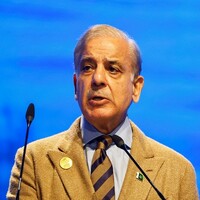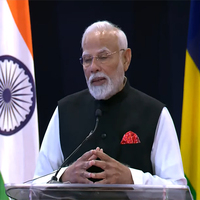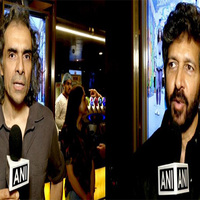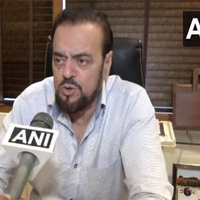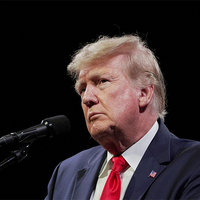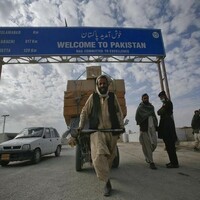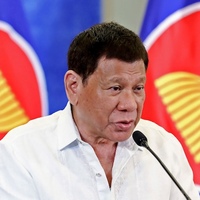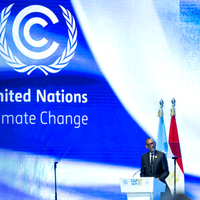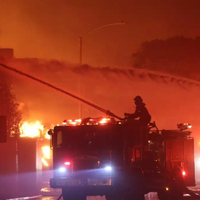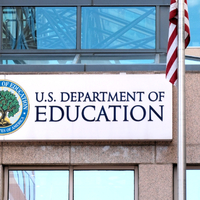Supporters rallied together in defiance of the verdict against whistleblower David McBride, which some have declared a 'war on truth'. Dr John Jiggens reports.
ON MONDAY 13 November, I joined the throng of media and David McBride supporters, crowding the courtyard outside the A.C.T. Supreme Court. It was the start of the Afghan Files prosecution of military whistleblower McBride, who was charged with leaking the classified information that formed the basis of the 2017 ABC expose, The Afghan Files, that revealed war crimes committed by Australian special forces in Afghanistan.
These allegations were substantiated by the Brereton Inquiry, which found "credible information" of war crimes committed in Afghanistan by Australian SAS personnel. Despite this, in an Australian replay of the U.S.-UK persecution of WikiLeaks founder Julian Assange; the war criminals are running the persecution while the whistleblower is facing five indictments for the leaks, which carry maximum sentences of ten years each.
A roll call of Australian whistleblowers and politicians was on hand to lend support. They addressed the assembled media and the McBride supporters, decrying what some described as a "war on whistleblowers" and others called the "war on truth".
Whistleblower David McBride's duty to obey results in guilty plea
Mary Kostakidis, the former SBS news anchor, was the MC for the rally.
It was a sad day for democracy, she said, because it was democracy that was on trial that day in the A.C.T. Supreme Court:
McBride, she said, fulfilled his duty as a lawyer to uphold the law and to report serious crime. Only when it was apparent that nothing was going to be done about it, did he blow the whistle. The level of public condemnation for this unjust prosecution was enormous.
An important question most of the speakers grappled with was: Why is a prosecution of someone like McBride, who is seen by many as a hero of truth, going on? Former Senator Rex Patrick condemned Prime Minister Anthony Albanese and Attorney-General Mark Dreyfus, blaming them for sending, McBride, a whistleblower, to trial.
Patrick declared:
David McBride facing life sentence as war criminals go unpunished
Like Rex Patrick, many of the speakers condemned the Albanese Government for not stopping the trial.
Jeff Morris, who blew the whistle on the misconduct of the Commonwealth Bank's financial planning in 2008 and has been a powerful advocate for a whistleblower protection agency and a compensation scheme for whistleblowers, warned the Government against the war on whistleblowers, declaring:
Troy Stolz blew the whistle on gambling industry lobby group, ClubsNSW, for failing to comply with anti-money laundering financing rules and was subjected to a court-ordered gag by the gambling industry lobby group.
He took a marginally more nuanced view of this example of government perfidy:
David McBride should be protected, not prosecuted
Bernard Collaery, a former A.C.T. Attorney-General and ALP politician who faced prosecution and imprisonment under the Coalition Government - not because he was a whistleblower, but because he was the lawyer of a whistleblower - likened Australia under the Coalition Government to France after WW2 when the country had to deal with the issue of collaborators. The Coalition was not a government, he asserted. It was an occupation of our country by a gang of villains.
Collaery said:
The Australian Strategic and Policy Institute (ASPI) illustrates what Collaery called "the occupation". On 29 February 2022, 12 days before the writs of the 2022 Election were issued and the Government went into caretaker mode, Opposition Leader Peter Dutton appointed new board members to ASPI.
Australia's treatment of whistleblowers will be its damnation
Deception, exploitation and cover-up are messages Australia is sending to our foreign neighbours.
Justin Bassi, whose previous job was chief of staff to L-NP Foreign Minister Marise Payne, became CEO of ASPI. Before that, Bassi had worked in Malcolm Turnbull's office and before that, for L-NP Attorney-General George Brandis. As well as appointing this ex-Coalition staffer to head of ASPI, Dutton also appointed former L-NP Ministers John Anderson and Michael Keenan to the board of ASPI.
The democratic thing to do would have been to allow the incoming government to appoint the board, but Peter Dutton was concerned with putting his people in place, in occupation. Collaery implied this was widespread.
The final speaker was David McBride, a big man with silvery hair and his trademark white glasses, wearing the uniform of the accused, a white shirt and a fine blue coat, accompanied by his therapy dog, Jake. The organisers had bought 200 whistles for his supporters to blow, and the cacophony of cheering and applause, overlaid by the chorus of 200 whistles, reached a crescendo as he prepared to address his supporters.
Dr John Jiggens is a writer and journalist currently working in the community newsroom at Bay-FM in Byron Bay.






